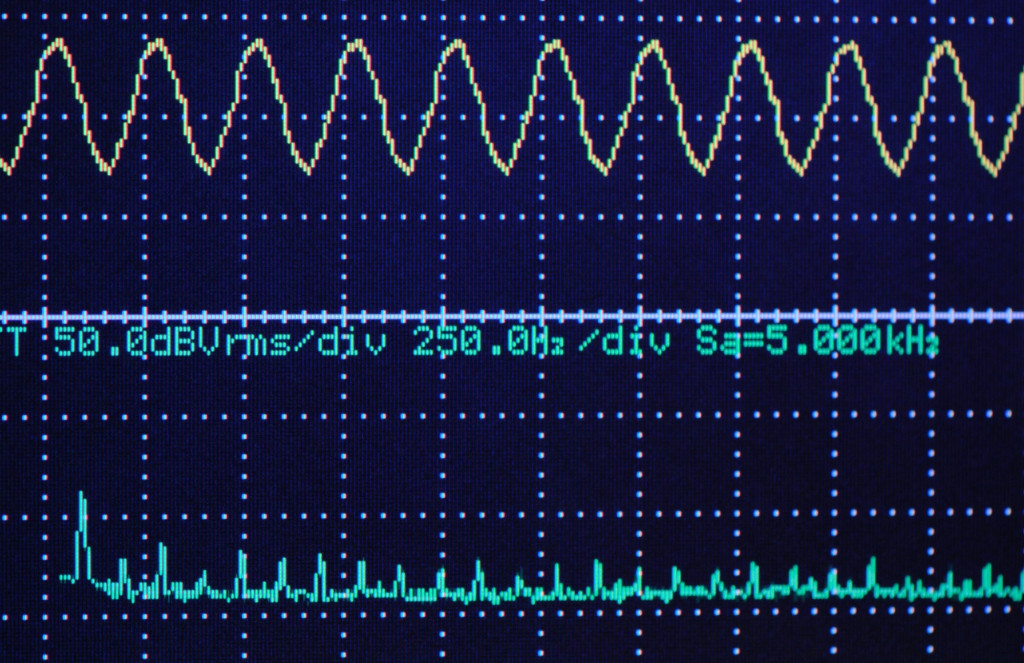Community debates governance reforms at APNIC 60 ICP-2 Review session
Regional Internet community members call for clearer governance standards and stronger transparency measures during consultation on the updated RIR framework.

Representatives from across the Asia-Pacific Internet community met in Hanoi on 11 September 2025 for the ICP-2 Review – RIR Governance Document Consultation, held as part of the APNIC 60 meeting. The session focused on the proposed second version of the Internet Coordination Policy 2 (ICP-2), a foundational text that defines how Regional Internet Registries (RIRs) are created, recognised, and governed.
The consultation was led by Number Resource Organization Number Council (NRO NC) members Akinori Maemura, Nicole Chan, and Di Ma, who presented the revised document and invited open community feedback.
Participants largely welcomed the update, describing it as a long-overdue effort to modernise a 25-year-old framework. Several commenters praised the inclusion of transparency, impartiality, and fair-distribution principles in the draft.
Questions were also raised about whether the new version might have prevented governance failures such as the AFRINIC incident. Maemura responded that while it likely would not have averted that specific case, it introduces stronger mechanisms to avoid similar issues in the future. Chan emphasised that the new draft seeks to strengthen legal clarity and institutional accountability across RIRs.
Main discussion points
The debate centred on several articles of the proposed text:
- Corporate governance (Article 4.1 e): One participant argued that the term good corporate governance was too vague and suggested referencing international standards. Maemura explained that because RIRs operate under different legal systems, broad language is necessary.
- Sub-Regional Registries (Article 2.6 b ii): Concerns emerged that the article gives RIRs excessive discretion in delegating resources. Critics warned it could weaken transparency. Maemura noted that implementation safeguards should prevent misuse.
- Recognition of new RIRs (Articles 2.3 a iii – iv): Some pointed out that requiring approval from existing RIRs could block new applicants. Others highlighted the lack of voting rights for National Internet Registries (NIRs) and the heavy burden placed on applicant RIRs within ICANN’s recognition process.
- Voting thresholds: A proposal to allow 25 percent of members to request an ad-hoc audit drew criticism. Participants argued that thresholds should reflect regional realities, noting that APNIC’s current by-law system, which uses a two-thirds majority, might serve as a better model.
Next steps
The NRO NC invited further feedback before finalising the next version. A webinar is scheduled for 21 October 2025 (14:00–15:00 UTC +10) to collect additional community input. A redline version and a summary of changes between versions 1 and 2 are available, showing which suggestions were incorporated and why others were not.
Community members can submit comments via the ICP-2 Review mailing list until 7 November 2025. The council requested that submissions remain specific to the current draft and avoid implementation details.
Why it matters
The ICP-2 Review marks a pivotal moment in the evolution of internet number governance. As the document underpins how global IP-address registries are recognised and coordinated, its revision will influence accountability and stability across the internet’s infrastructure for years to come.


